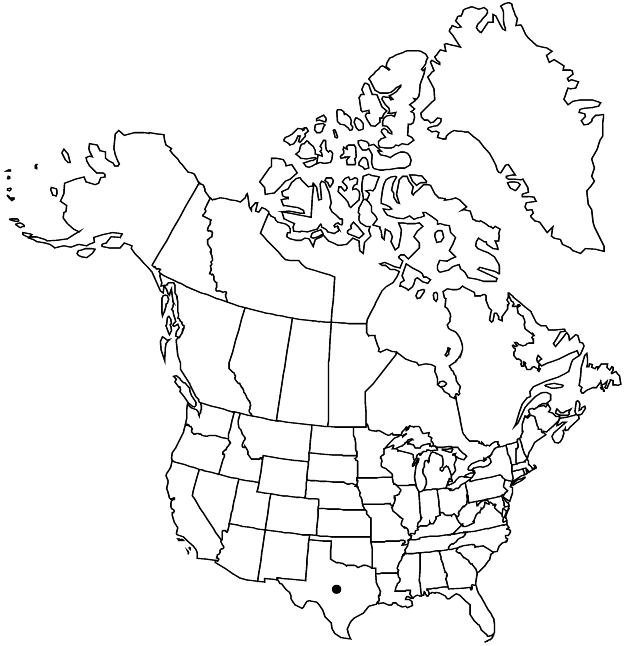Difference between revisions of "Drymaria laxiflora"
Pl. Hartw., 73. 1839.
imported>Volume Importer |
imported>Volume Importer |
||
| Line 49: | Line 49: | ||
|publication year=1839 | |publication year=1839 | ||
|special status= | |special status= | ||
| − | |source xml=https:// | + | |source xml=https://bitbucket.org/aafc-mbb/fna-data-curation/src/2e0870ddd59836b60bcf96646a41e87ea5a5943a/coarse_grained_fna_xml/V5/V5_10.xml |
|subfamily=Caryophyllaceae subfam. Polycarpoideae | |subfamily=Caryophyllaceae subfam. Polycarpoideae | ||
|genus=Drymaria | |genus=Drymaria | ||
Latest revision as of 22:07, 5 November 2020
Plants annual or perennial, herbaceous, glabrous or densely stipitate-glandular, not glaucous. Stems sprawling, branching proximally, 10–30+ cm. Leaves opposite; stipules ± persistent, divided into 2 or 3 filiform segments, 0.5–3.5 mm; petiole (1–)3–6 mm; blade broadly ovate, deltate, cordate, or reniform, (0.2–)0.5–1.6 cm × 4–12 mm, base truncate to rounded, apex acute to cuspidate. Inflorescences terminal, open, 3–15-flowered cymes. Pedicels shorter to longer than subtending bracts at maturity. Flowers: sepals with 3 distinct veins arcing outward at midsection and ± confluent apically, lance-ovate to elliptic (herbaceous portion linear-lanceolate to narrowly ovate), 3–4(–5) mm, subequal, apex acute to acuminate (herbaceous portion often obtuse), not hooded, glabrous; petals 2-fid for 1/2–3/4 their length, 2.7–6 mm, subequal to sepals, lobes 1-veined, vein dichotomously branched distally, oblong, trunk entire, base abruptly tapered, apex deeply notched. Seeds dark brown to blackish, snail-shell-shaped, 0.5–0.7 mm; tubercles prominent, conic.
Phenology: Flowering spring–late fall.
Habitat: Montane chaparral and woodlands, igneous-rock mountains
Elevation: 1400-2500 m
Distribution

Tex., Mexico (Chihuahua, Coahuila, San Luis Potosí, Zacatecas).
Discussion
Selected References
None.